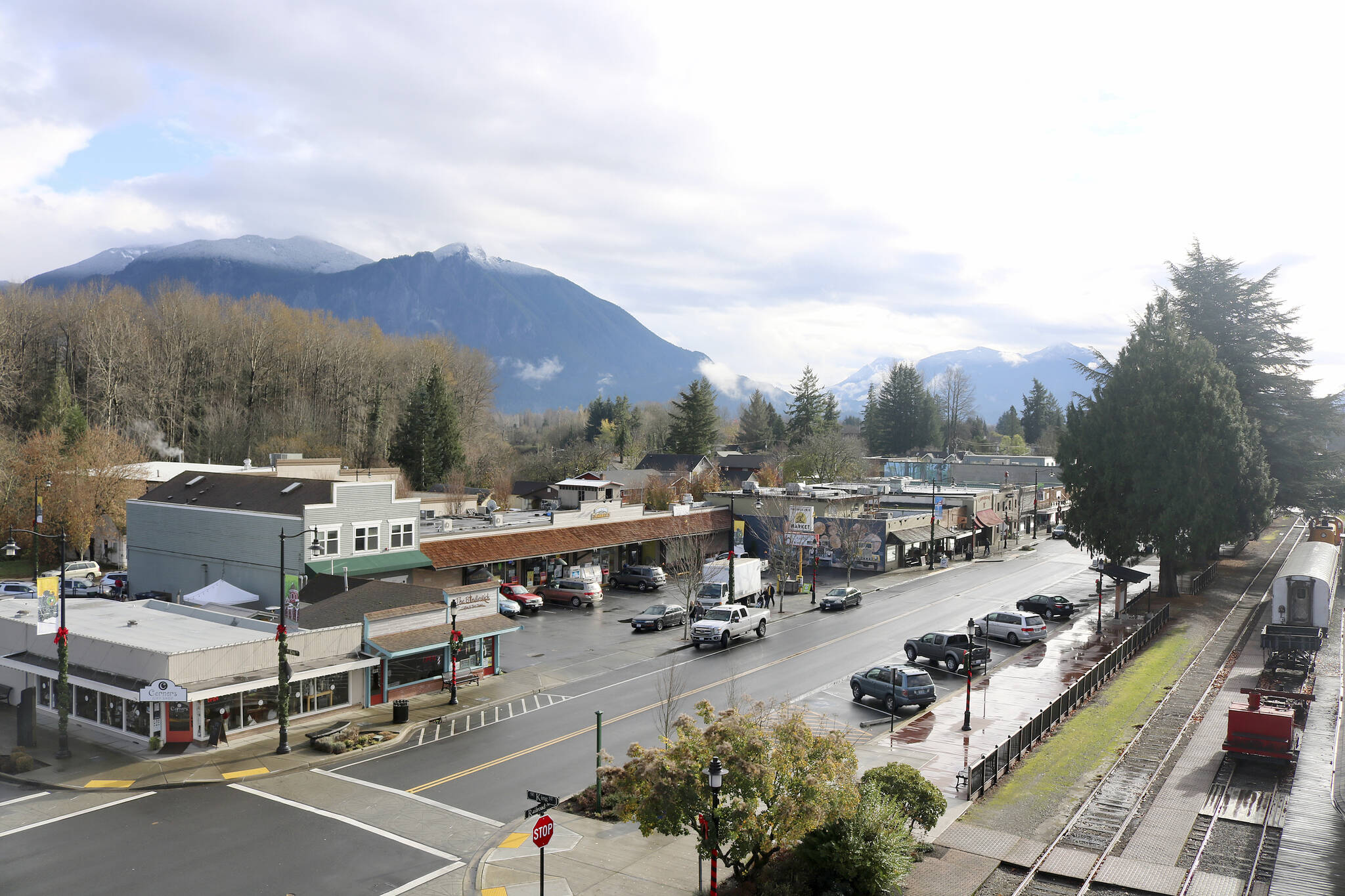Small businesses, nonprofits and households in Snoqualmie have requested nearly $3.6 million in COVID-19 aid from the city through applications submitted last fall, underscoring a huge need as the city begins the process of deciding how it will spend its funding.
The city received $1.9 million in federal relief funding last June, following the passage of the American Rescue Plan Act (ARPA) by the U.S. Congress. The city is expecting to deliver half of that to city businesses, nonprofits and residents. The other half of the funds will be kept by the city to support revenue losses and to help avoid future budget deficits.
Since July, an ARPA committee comprised of the mayor, two councilmembers and city staff have been debating how to spend those funds.
The $950,000 that the city’s ARPA committee has earmarked for aid funding to be given directly to businesses and nonprofits represents just over a quarter of what was requested this past fall.
Still, Kelly Coughlin, the executive director of the SnoValley Chamber of Commerce, said those funds can’t come soon enough.
“Businesses are in desperate need,” she said.
The new funding comes as businesses in both Snoqualmie and North Bend continue to suffer from a host of challenges related to the pandemic, including a workforce shortage fueled by the housing crisis and a lack of public transit that has impacted nearly every industry in the Valley, including City Hall.
It is the first time in two years, following the passage of the federal Coronavirus, Aid, Relief and Economic Security (CARES) Act, that the city has federal COVID-19 relief funding to award.
The U.S. Treasury Department gave out final guidelines on how ARPA funds could be used in January 2022, with those rules approved by the federal government on April 1.
In North Bend, city officials are working on a plan right now for $2 million in ARPA funding it received, including a program allocation development process, according to Bre Keveren, a city spokesperson.
“We recognize that these funds represent a once-in-a-generation investment in our community and an exciting opportunity for the city to invest in initiatives that will have a positive long-term impact,” Keveren wrote in an email.
In Snoqualmie, the city council approved a resolution on April 25, allowing the city’s ARPA coordinator to begin scoring applications from businesses and nonprofits in need of aid.
Those scores will be used by the mayor and city staff to prioritize which organizations receive funding before that decision goes to the council for final approval. Danna McCall, a city spokesperson, said they are hopeful to distribute the funds over the next few months.
Still, some councilmembers voiced concerns with the process thus far. Mayor Pro Tem James Mayhew, a current member of the ARPA committee, said he was frustrated by the delay in getting funds out to the public and was highly critical of Mayor Katherine Ross. He also expressed concerns about lack of council involvement.
“I think we’re making choices without understanding the choices we’re making,” he said. “I think more cities have their city councils far more involved in this. I don’t know any cities that are just turning the process over to the mayor.”
After being criticized, Ross blamed Mayhew for the delay.
“We would like to get the funding out. We’ve been trying to get the funding out, but you change your mind every time,” she said.
In an email, McCall said the ARPA process has taken longer than anticipated, but pointed out that the rules for funding only received approval last month.
Mayhew was the lone “no” vote against the resolution, but was not alone in his concerns about council’s involvement.
“We’re being asked to authorize nearly a million dollars and it feels like it’s being pushed through with all the decision making by staff,” Councilmember Cara Christensen said.
Councilmember Rob Wotton, the other councilmember on the ARPA committee, said although he shared Mayhew’s concerns, he said the council needed to prioritize getting the funds out quickly.
The council added a requirement to the final resolution, by a unanimous vote, that the mayor present the city council with a list of how the ARPA funds are being spent and how applications were scored. That list would require council approval before checks could be sent out.
That’s not only a change from the original resolution, but also from the last time the city received federal COVID-19 relief aid through the CARES Act. Under both those policies, the council gave the mayor and administration authority to approve funding destinations and send out checks.
The council also removed a clause giving businesses and nonprofits that received funding under the CARES Act a lower priority for this round of funding. They argued that having a need two years ago shouldn’t be a penalty.
“This prioritization really feels punitive,” Councilmember Ethan Benson said. “The last round [of funding] was a long time ago.”


